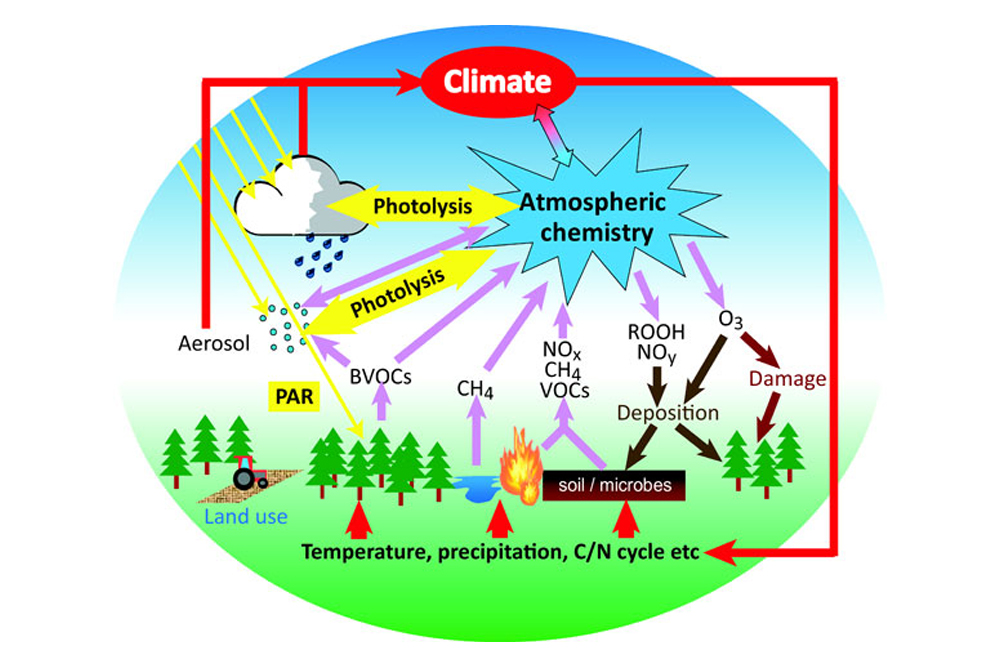Ph.D. in Atmospheric Chemistry and Climatology: Introduction, Admission, Registration, Eligibility, Duration, Fees, Syllabus 2024

Introduction:
A Ph.D. in Atmospheric Chemistry and Climatology is an advanced academic degree focusing on the study of chemical processes in the atmosphere and their interactions with climate systems. This program is designed for students who wish to delve deeply into understanding the complexities of atmospheric science, including air pollution, climate change, and environmental impact. The curriculum combines rigorous coursework with extensive research opportunities, allowing candidates to contribute original knowledge to the field through dissertation research. This degree prepares graduates for careers in academia, research institutions, governmental agencies, and environmental consulting firms.
Admission Process:
- Complete a Bachelor's and Master's degree in related fields (e.g., Environmental Science, Chemistry).
- Submission of GRE scores, if required.
- Provision of academic transcripts.
- Letters of recommendation.
- Statement of purpose outlining research interests and career goals.
- Interview with faculty members, if applicable.
Eligibility:
- A Master’s degree in a related field with a strong academic record.
- Research experience in atmospheric sciences or related areas.
- Proficiency in relevant scientific computing and data analysis tools.
Completion Time:
Typically, completing a Ph.D. in Atmospheric Chemistry and Climatology takes about 4 to 6 years. The duration depends on various factors including the scope of research, funding availability, and the candidate’s dedication to their dissertation.
Career Opportunities:
- Academic positions as professors or researchers.
- Climate scientists in governmental or international policy organizations.
- Atmospheric researchers at national labs or private research firms.
- Environmental consultants providing expertise on air quality and climate mitigation strategies.
- Climate change analysts in non-profits or think tanks.
Syllabus:
- Advanced Atmospheric Chemistry
- Climate Dynamics
- Statistical Methods in Atmospheric Sciences
- Environmental Policy and Management
- Dissertation Research
- Electives (Remote Sensing, Advanced Climatology)
Internship Opportunities
- Internships at environmental agencies (e.g., EPA, NOAA).
- Research internships at national laboratories.
- Summer intern programs at universities or private research institutes.
Scholarship and Grants:
- Research fellowships from scientific societies (e.g., AMS, AGU).
- University-specific scholarships for doctoral students.
- Government grants for specific research projects.
- International scholarships for global collaboration in research.
FAQs:
What prerequisites are needed?
A strong background in sciences, particularly chemistry and physics, along with advanced mathematics.
How competitive is the admission process?
Highly competitive, with emphasis on research experience and academic excellence.
Are there opportunities for field research?
Yes, most programs encourage or require field research as part of the dissertation.
